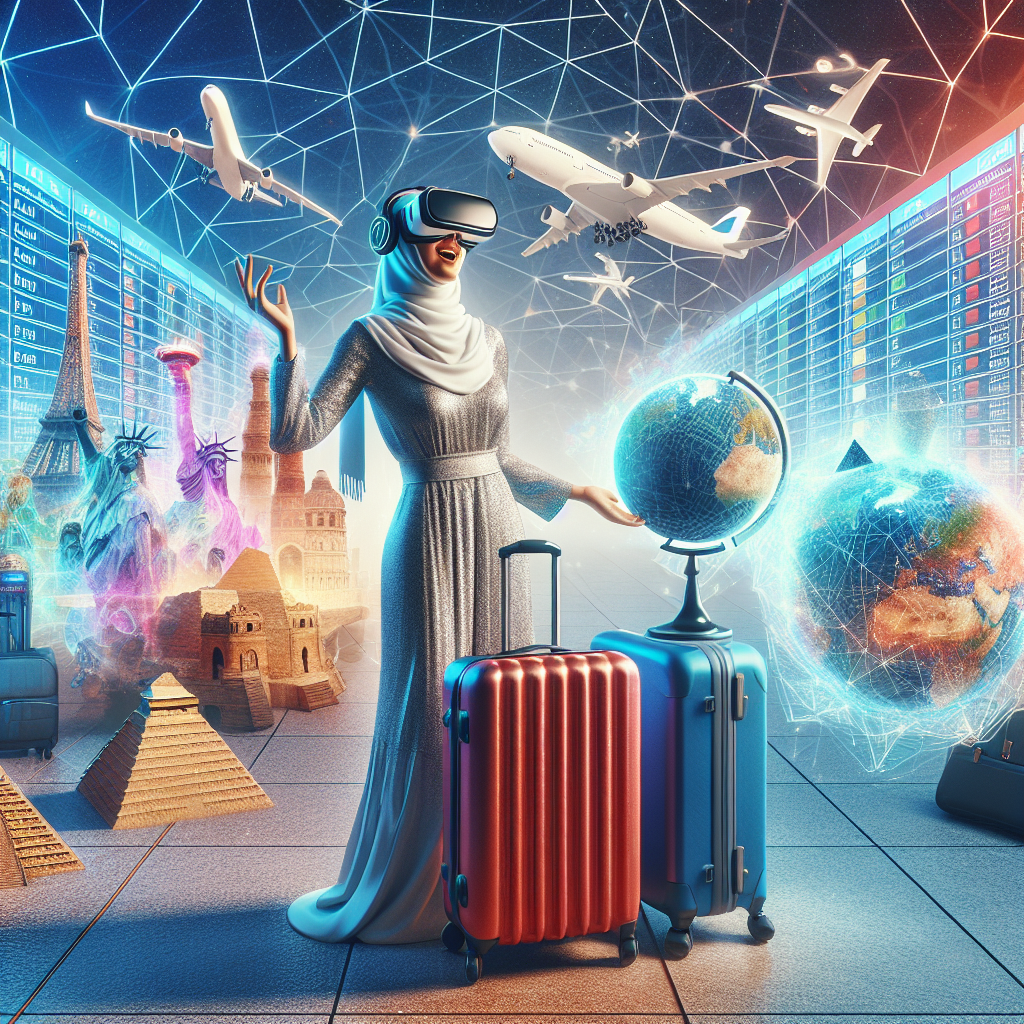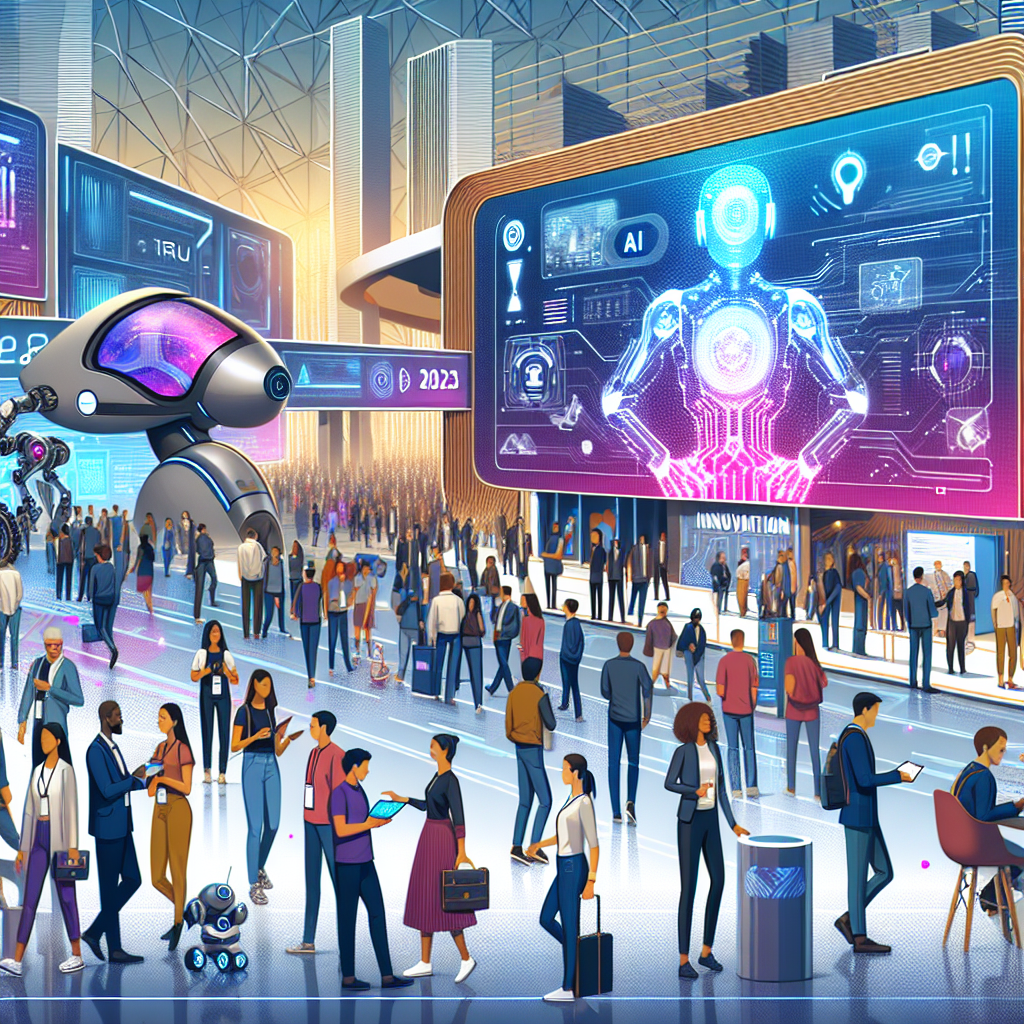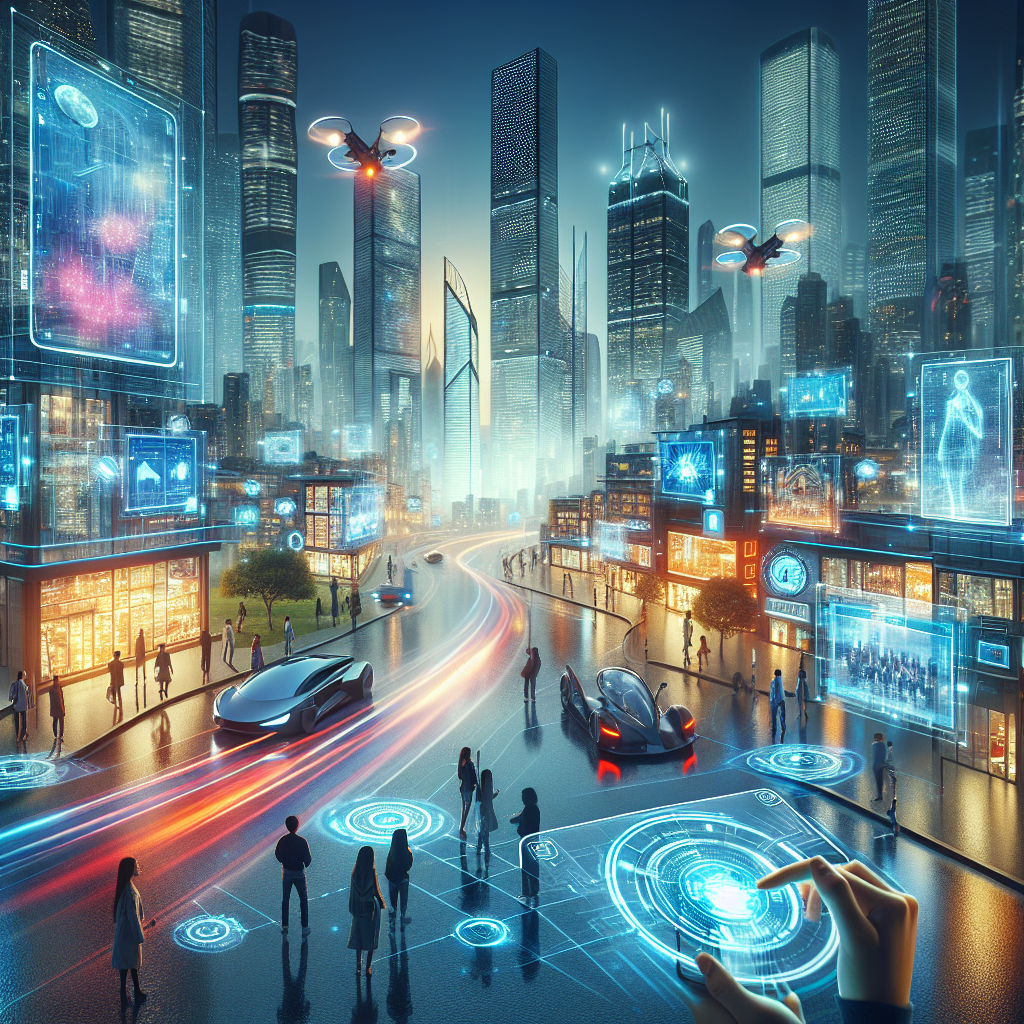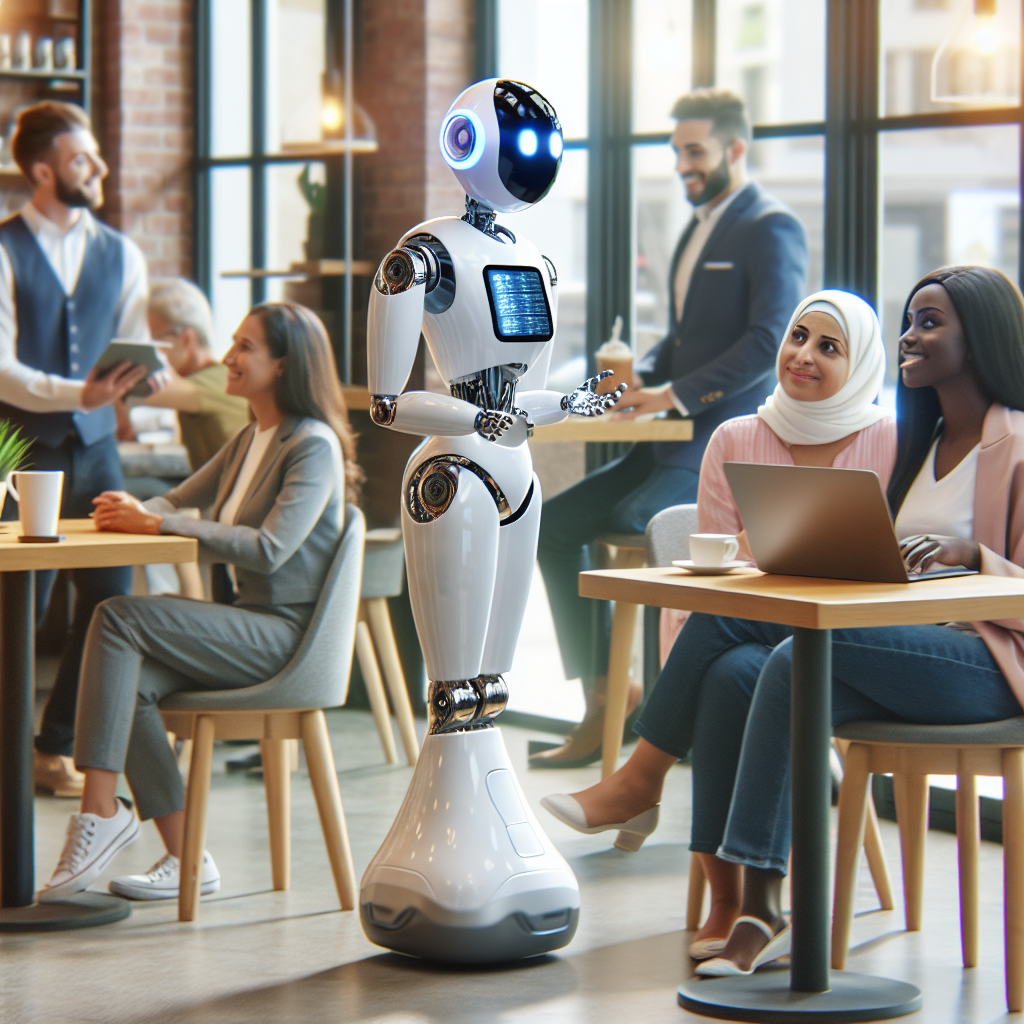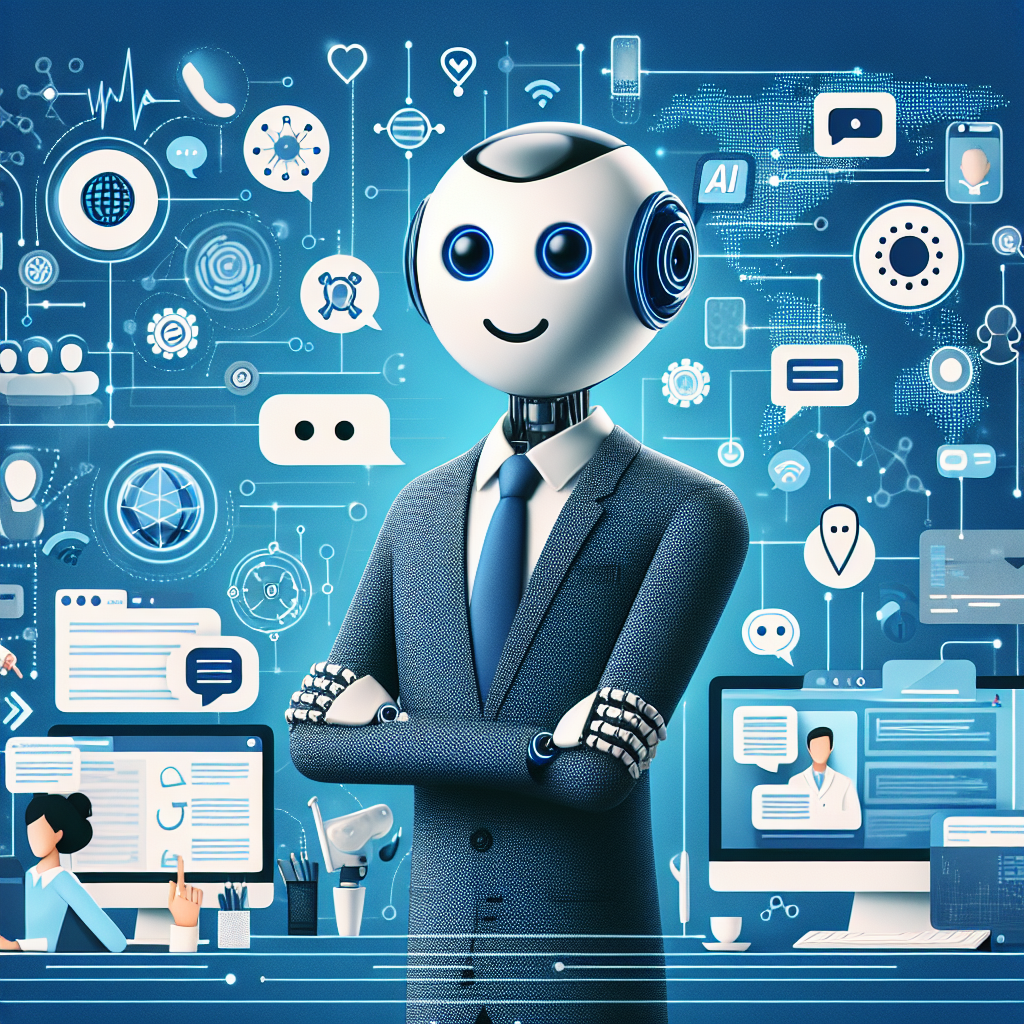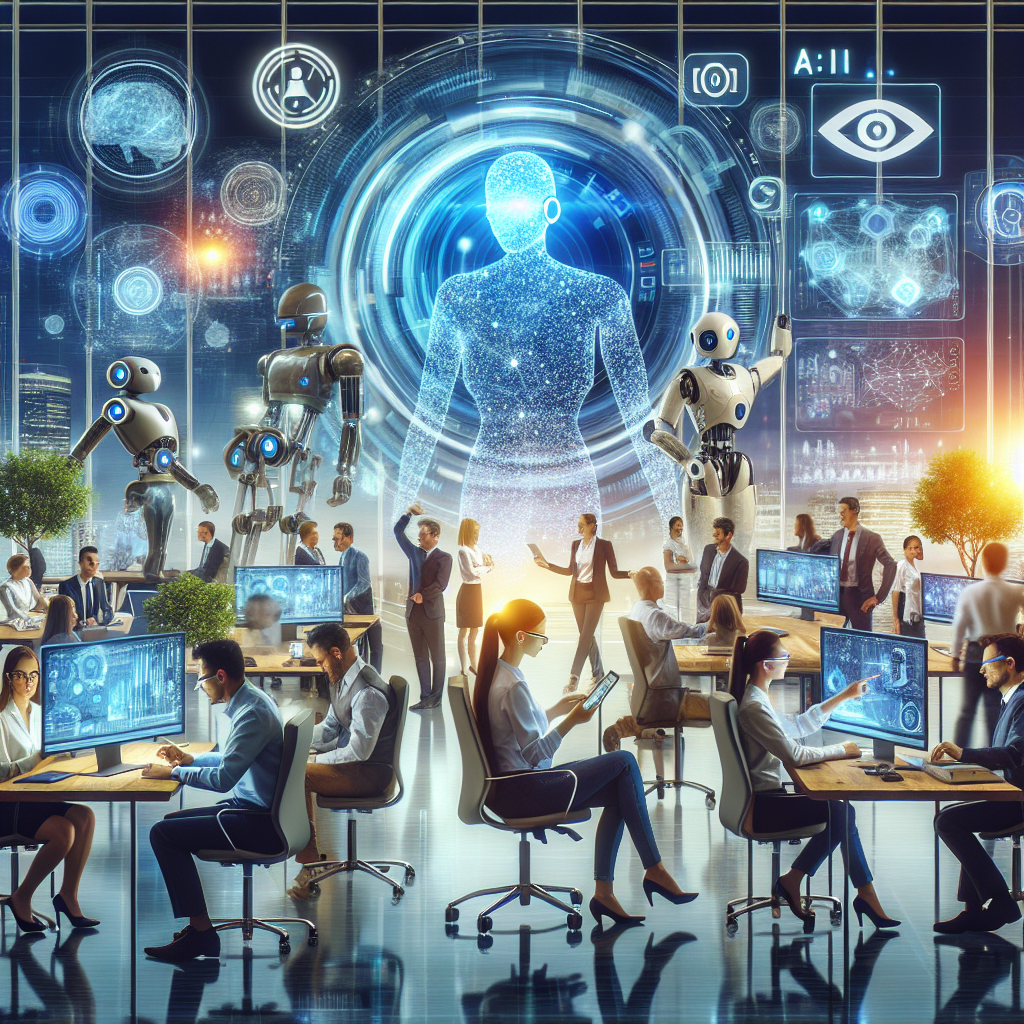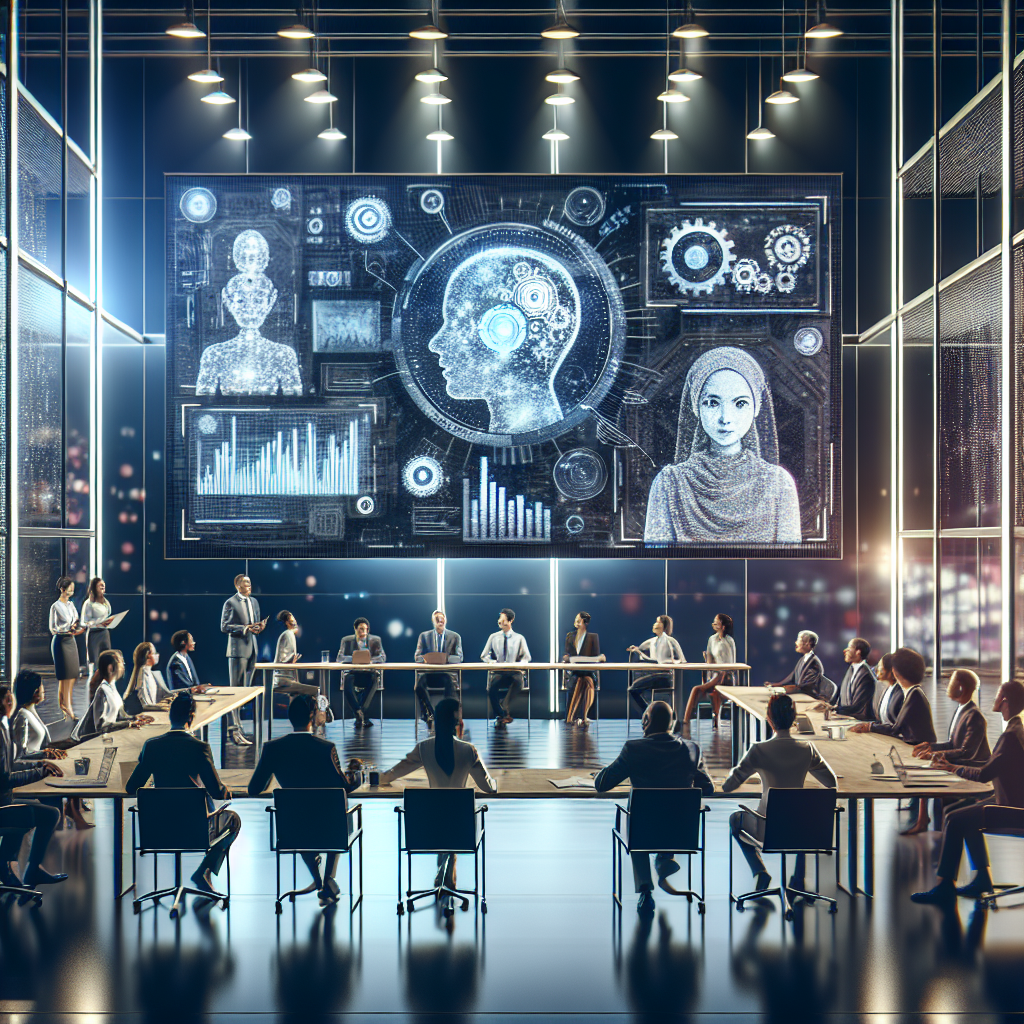How Wikipedia Thrives Amidst the Rise of ChatGPT
In a digital landscape increasingly dominated by AI-driven platforms, Wikipedia continues to hold its ground as an indispensable source of reliable information. As new technologies like ChatGPT gain popularity, many wonder how this open-source encyclopedia remains relevant and authoritative.
The Rise of AI Technologies
The advent of AI technologies such as ChatGPT has revolutionized the way users interact with and consume information. These AI systems can generate human-like text based on prompts, making them useful for a wide range of applications, from customer service to content creation. However, their rise has also brought concerns about the spread of misinformation and the reliability of AI-generated content.
Wikipedia’s Core Strengths
Despite the prowess of AI, Wikipedia’s enduring success can be attributed to several core strengths:
- Community-driven model: Wikipedia relies on a vast network of volunteer editors who continually update and verify information.
- Transparency: The platform provides detailed edit histories and citations, allowing users to trace the origin of information.
- Neutrality: Wikipedia strives for a neutral point of view, ensuring balanced and unbiased content.
Challenges and Adaptations
The rise of AI technologies presents both challenges and opportunities for Wikipedia. While AI can assist in identifying errors and suggesting improvements, it cannot replace the nuanced understanding and critical thinking of human editors. Wikipedia has been proactive in adopting new technologies to enhance its platform, integrating AI tools for better content moderation and quality control.
Future Prospects
Looking ahead, Wikipedia aims to further leverage AI technologies to enhance user experience while maintaining human oversight. The platform’s commitment to open-source principles and community engagement ensures that it remains a trusted resource in an evolving digital landscape.
Conclusion
As AI technologies like ChatGPT continue to evolve, Wikipedia’s unique model and unwavering commitment to reliable, neutral, and transparent information keep it relevant. By embracing both human and technological strengths, Wikipedia exemplifies how traditional platforms can thrive amidst technological advancements.
For more insights on this topic, you might want to read this article.

